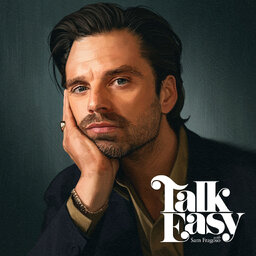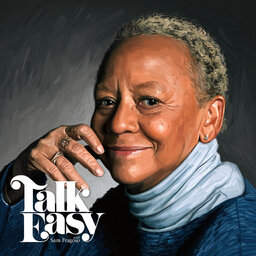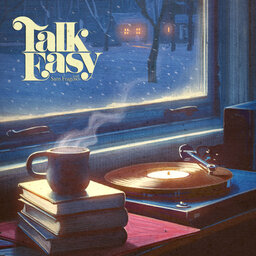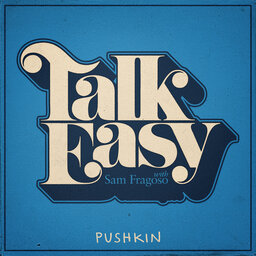Bill Hader Says Goodbye to ‘Barry’
As we approach the series finale of Barry, we return to our talk with actor and director Bill Hader. We discuss the thematic evolution of his hit HBO series (7:02), and how it draws from films like Taxi Driver and Goodfellas (10:36). Then, Bill reflects on growing up in Tulsa, Oklahoma (13:16), the influence of his late grandfather (17:04), his path from community college to his early PA jobs in Hollywood (18:25), landing on Saturday Night Live (21:36), the weekly pressure of the show (26:07), and how he made it through by collaborating with John Mulaney (29:51).
On the back-half, Bill shares a piece of advice from Jeff Bridges (35:14), how Barry came to be (37:27), the personal connection he has with the show (40:07), the enduring power of movies (47:52), and how, after some detours, he’s finally where he’s supposed to be (49:57).
In 1 playlist(s)
Talk Easy with Sam Fragoso
Talk Easy with Sam Fragoso is a weekly series of intimate conversations with artists, activists, and…Social links
Follow podcast
Recent clips

The Year of Actor Sebastian Stan (‘The Apprentice’)
1:16:35

Remembering Poet Nikki Giovanni
44:21

Talk Easy in 2024: A Mixtape
58:40
 Talk Easy with Sam Fragoso
Talk Easy with Sam Fragoso